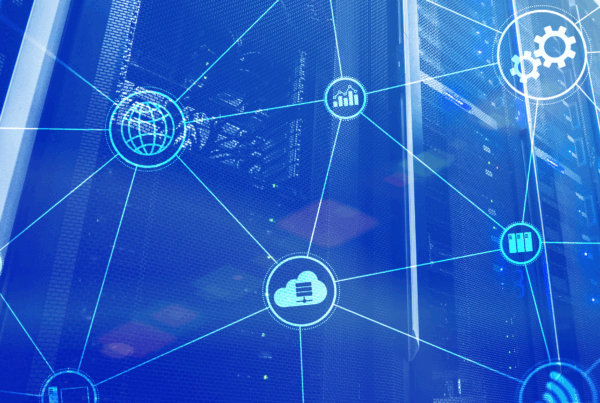
As more small and medium businesses allow their employees to work from home, it has become critical that companies understand the additional risks that remote workers face. The tools needed to work out of the office offer malicious actors more attack surfaces to target, and working on the move means that remote workers have extra responsibilities to remember to keep their workflows safe. More importantly, employees that work remotely may feel more comfortable using personal technology to perform work, and this can lead to shadow IT problems that can leave a business’ network vulnerable with little trace. Here, we want to talk about these risks that SMBs must take into consideration when they employ remote workers.
Fewer Cybersecurity Tools

Remote workers using their home wi-fi will not have access to any on-premises cybersecurity solutions that a small business implements, and this can allow attack strategies, such as phishing emails, to slip through more easily. Other attack strategies like DDoS attacks can be used to target remote workers and leave them unable to connect to the company’s network to perform work, and without the right cybersecurity tools in place, there’s little employees can do to stop these attacks. SMBs should consider using cloud-based security solutions and work with a trusted IT consultant to identify the new defenses needed to allow for secure remote work.
Working on the Move

The primary benefit of remote work is the flexibility to get work done from anywhere in the world, but this means employees may be connecting to wi-fi at coffee shops, restaurants, and other public places. This can have disastrous consequences for the company if security tools, such as a VPN, are not used every single time an employee works away from home. Remote workers should have a reliable VPN installed on every device they use for work, and this includes smart phones and tablets that they use for both personal and professional purposes. Any device with access to the company’s network on unknown wi-fi can be a threat, so training employees to use a VPN on all devices is essential.
Shadow IT

With remote workers, it can be difficult to detect when technology that has not been cleared by IT is used to access the company’s network. Using personal technology without the approval of IT is called shadow IT, and it is dangerous because your IT team or IT consultant will not know the security of that new endpoint, and they will have no way to enforce cybersecurity policies on it. More often than not, employees engage in shadow IT for convenience or expedience and not with malicious intent, but any endpoint that bad actors can leverage in an attack can cause serious damage to a small business, so setting clear technology expectations and monitoring network connections can help protect SMBs.
Summary
Remote work and work from home options can be appealing to help improve productivity while employees are on the move or provide flexibility to workers. However, when choosing to allow employees to work remote, small businesses must understand the additional attack surfaces they are establishing and setup the right cybersecurity infrastructure to both accommodate workers and keep the business’ network safe. Partnering with an IT consultant to help plan and establish a strong remote work infrastructure for your business can be affordable, and our team wants to provide your business with a complimentary consultation today, so we can help you implement enterprise level cybersecurity tools for small business prices!



